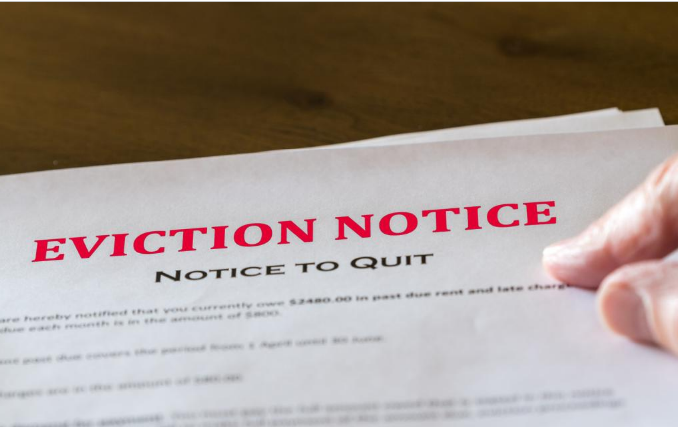As landlords, it can be incredibly challenging to deal with tenants who are not only difficult but downright troublesome. It’s next to impossible managing all the issues that come with a troubled tenant, including fraudulent behavior, unfair demands, and disrespect of your services.
It’s also difficult to know ahead of time that a tenant will cause issues and problems during their lease period. But there are some signs that can help you predict the potential for trouble and protect your rights as a landlord, which is why you should have a reliable attorney on board. Here’s what to look out for when it comes to the type of troublesome tenants:
They don’t respect the rules and terms of your agreement.
This includes having policies and clauses related to smoking, pets, the number of guests, and even repairs and renovations around the house. If you find that your tenant routinely abuses and violates these terms, it’s important that you take note and keep a record of every misdemeanor in case the situation escalates.
This doesn’t mean that you need to evict them or get into a fight, but it is important to track these violations of rules, especially if they’re impacting other tenants around you.
For instance, no-smoking policies in the building are important for not just building safety and maintenance, but for the health of other residents and tenants. A tenant that repeatedly dismisses and abuses these policies must be dealt with appropriately, with the help of your attorney.
They damage property and cost you in terms of repairs.
There’s a difference between a tenant who accidentally causes damage once or twice versus a repeated offender who disregards and disrespects the property. These tenants tend to damage property, including walls, fixtures, bathrooms, and more, resulting in hundreds of thousands of dollars in repairs over time.
A way to combat this is to make sure all concerns and damages are addressed before the tenant moves in, or as part of a routine check. Keep track of all possible and apparent issues, and work with your attorney on the best way to include clauses in your rental agreement or lease, finding a way to recover the cost of damages.

They don’t pay on time—or not at all.
The tardy or avoidant payer is another problem, especially for landlords who depend on monthly rent for their income. If you’re struggling with a tenant who isn’t following through on rent payments, increases, and other documented payments, you might be able to file for tenant eviction with the help of an attorney.
Alternatively, working with your tenants on an installment plan is another option you can explore, especially if you’re familiar with any financial or cash flow issues they might be having.
It helps to have a thorough tenant screening and reference process. Ask for previous references, payment history, credit score, and income streams to ensure they will be able to manage payments.
It’s important to offer your tenants convenience and quality services and fulfill your role as a landlord. But if you feel like you’re being taken advantage of, work closely with an attorney to have your concerns addressed and rights protected. We provide paralegal services to landlords, working with your attorneys to process and draw up documentation.
Get in touch with us for more information, or to hire paralegal professionals in Beverly Hills.






